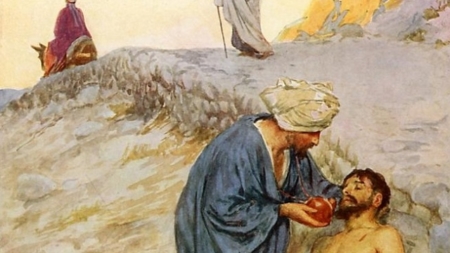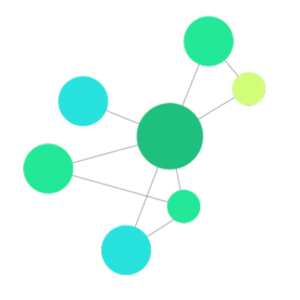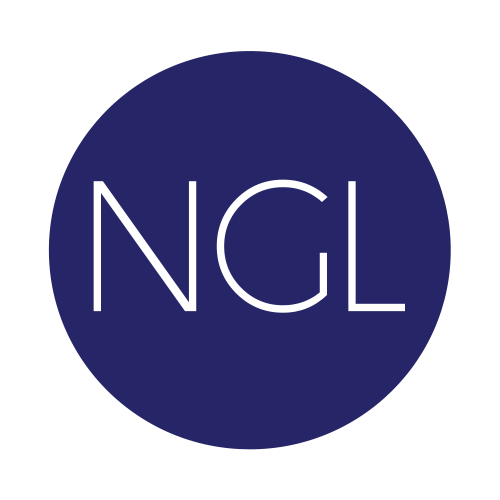– by Simone Noordegraaf, Member Advisory Board NGL and CEO iPEC Europe
We live, work and play in an ever-accelerating world. A fascinating and complex world, where I do not always feel the freedom to take time to rest, sit back and reflect. Fully connected to this world, it is difficult to create space and set boundaries for reflection. Driven by influences both inside and outside of ourselves, we stay busy all the time. Recently, I was listening to a lecture from the Happiness Studies Academy, it hit me again how vital taking space and time for reflection are, especially in our fast-moving and hyper-connected world.
Tribes, systems and time
This particular lecture began with the story of the Good Samaritan. Many of us have heard this story at some point in our life, and some of us may interpret that story simply one dimensional. It may say: “be a good person,” or “love your neighbor like you love yourself”. The parable about love and oneness gained depth and became more interesting when it was combined with the 1973 Princeton experiment at the faculty of Theological Studies by John Darley and Daniel Batson.

These two psychologists asked several theology students to deliver a lecture to an audience on the other side of campus. In the short walk the students made between the classroom where they were instructed and the auditorium where the lecture takes place, an actor was visibly placed that was apparently in need of help. The objective was to understand which factors would influence the behavior of the theology students. It turned out that the ONE significant influencer for the students to help was whether they were early or late for the lecture. Two-thirds of the students who were not in a hurry, helped the person in need of care, comparedto only one-tenth of those who were late. What does that say about us, in our lives that are constantly speeding up and in our organisations where there is constant pressure to deliver on our goals?
The trouble with interconnectivity overload

The complexity of our systems
“ from the systems perspective, the human factor is part of the feedback process, not standing apart from it.”
Reflection is the cure
Between stimulus and response there is a space. In that space is our power to choose our response. In our response lies our growth and our freedom.
And if you struggle to free yourself from the speed and complexity, the demands that the world is putting on you, why not work with a coach? A coach can hold the space for you and allow you to dig deeper into strategy and stakeholder relationships. When it is much easier to keep an appointment with someone else than with yourself, when your agenda is the best proof of this, there are exceptional people out there to make the most of that time. We are here to help and support your reflection process, holding space and asking the next question that you may hesitate to ask.
– Simone Noordegraaf, September 21st 2018
